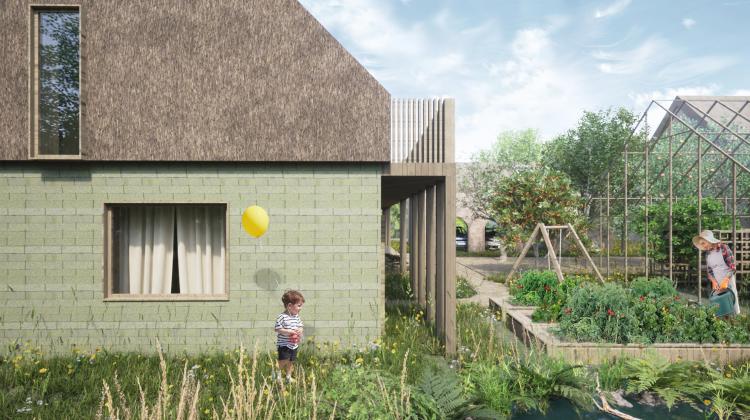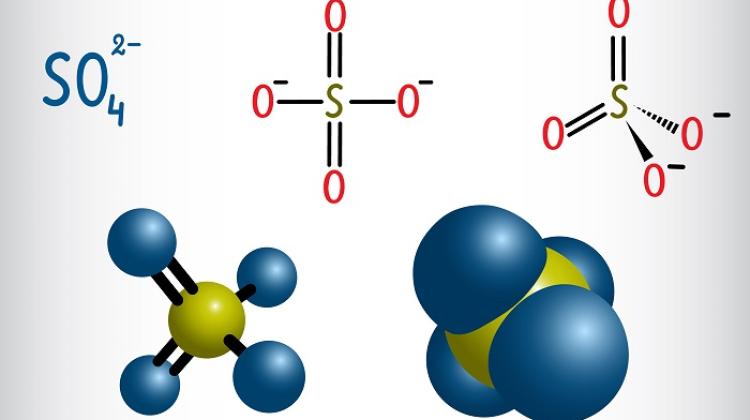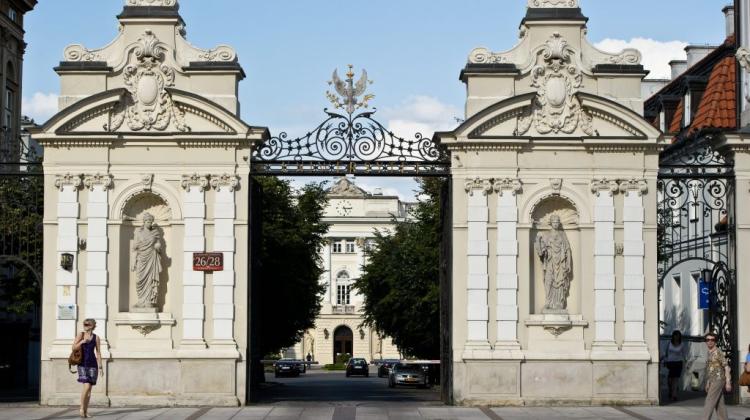Polish students know how to solve the problem of global shortage of drinking water

Bio Rangers team of students from three Warsaw universities found a way to solve the problem of shortage of drinking water in the world. Their business model Water Hub will represent Poland in the finals of the international competition G20 Global Business Challenge, which will be held in November in Australia.
The purpose of the competition is to enable the launch of innovative technological project to solve the global problem of water shortage. The competition attracted teams from all over the world. Top six teams from the U.S., Canada, UK, Australia and Poland will competed in the finals in Brisbane, Australia in early November during the G20 global summit.
Members of the Polish team Bio Rangers are four students: from Warsaw School of Economics, University of Warsaw, Warsaw University of Life Sciences. Their idea - Water Hub - is an innovative business model for existing technology, which - as thy assure - may able to change the face of the world.
"More than one billion people worldwide suffer from lack of drinking water, and every 17 seconds a child dies because of this. The problem is not physical lack of water, but its extreme pollution. There are many solutions, which in theory should solve the problem of lack of drinking water. The real problem is not lack of technology, but the lack of appropriate business models that would allow to use these technologies" - explains the solution authors.
The students decided to develop a solution that would benefit both the local population and businesses. Their Water Hub technology is based on solar-powered filters that purify water from even the smallest micro-organisms. These filters are built into an interactive booth that has Internet connectivity, mobile charging stations, cooling equipment necessary for the storage of medicines and LED screens. All these devices are powered by energy from solar collectors.
"The booths also have educational function, as they allow to display content tailored to the needs of the local population. They can also promote sponsors as part of the CSR program. Promotion can be done through visual and voice ads, displayed or played back using the technical facilities available in the booth, and by visual adaptation of the object" - describe the authors of Water Hub.
The winners will receive 100 thousand dollars and financing for the winning idea by competition sponsors.
PAP - Science and Scholarship in Poland
ekr/ agt/
tr. RL
Przed dodaniem komentarza prosimy o zapoznanie z Regulaminem forum serwisu Nauka w Polsce.


















